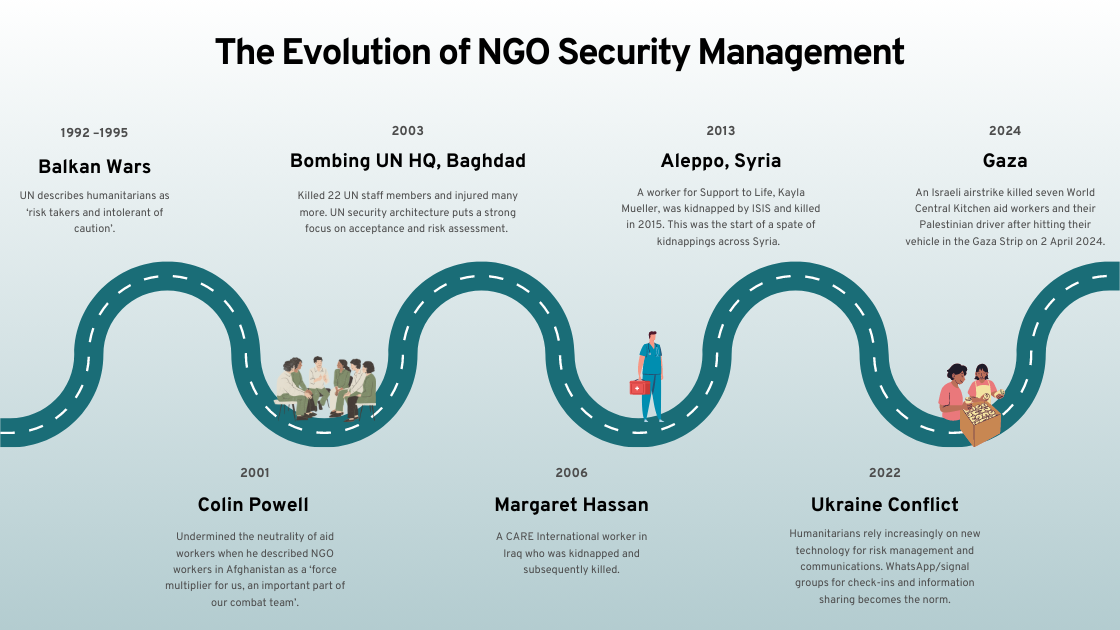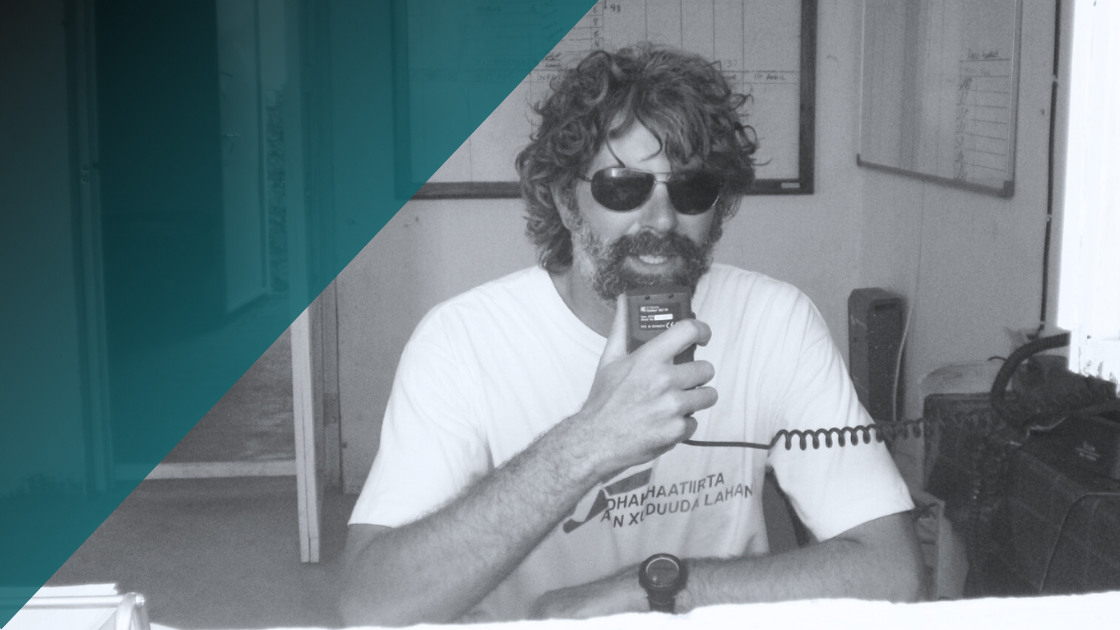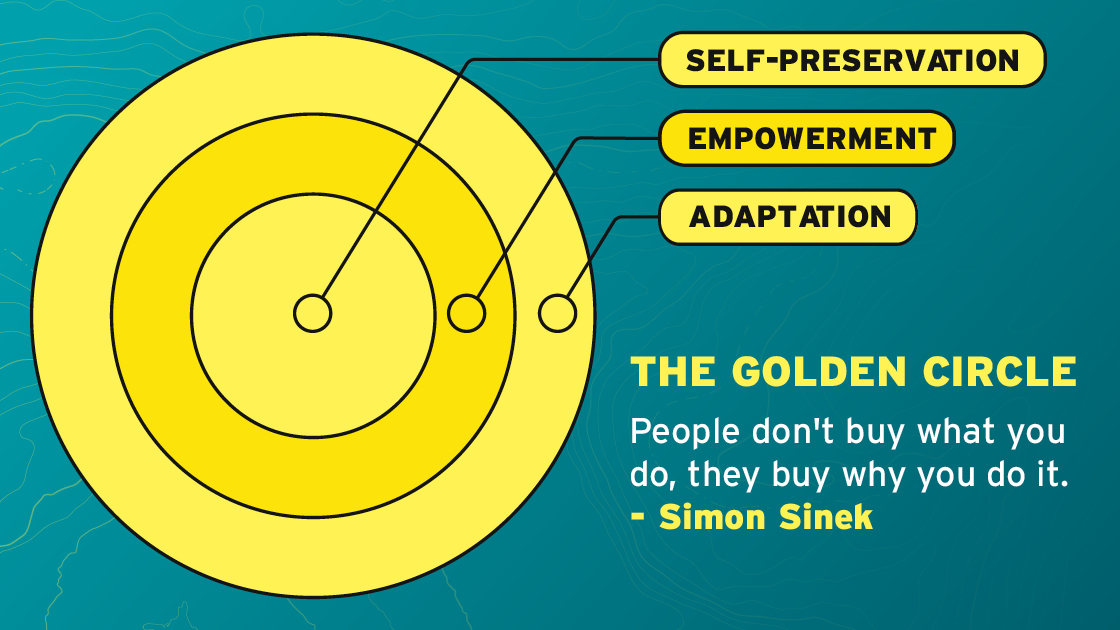Best Practices for Security Management in NGOs
Insights from Peter Walsh, Head of Global Security at Save the Children
Non-governmental organisations (NGOs) operating in high-risk environments face a complex dilemma: how to fulfil their life-saving mission while ensuring the safety of their staff. Operating in regions marked by instability, conflict, or natural disasters is increasingly perilous. Last year, 280 aid workers were killed across 33 countries, making 2023 the deadliest year on record for the global humanitarian community.
Save the Children is an international organisation dedicated to protecting and promoting the rights of children worldwide. Operating in over 120 countries, Save the Children provides essential services such as education, healthcare, and humanitarian aid to children in need.
Peter Walsh, the Global Head of Security at Save the Children, works tirelessly to keep the humanitarian staff under his charge as safe as possible. With over 12 years of experience in volatile environments such as South Sudan, Ukraine and Gaza, Peter has gained valuable insights into how NGOs can manage risks effectively.
Peter shared the core principles of the security framework he employs at Save the Children, offering a detailed look into best practices for NGO security management.
Understanding a Security Framework
A security framework in risk management refers to a structured approach that organisations use to manage and mitigate security risks. It consists of guidelines, best practices, standards, and tools designed to identify, assess, and address security vulnerabilities, ensuring that critical assets – such as personnel, data and systems – are protected.
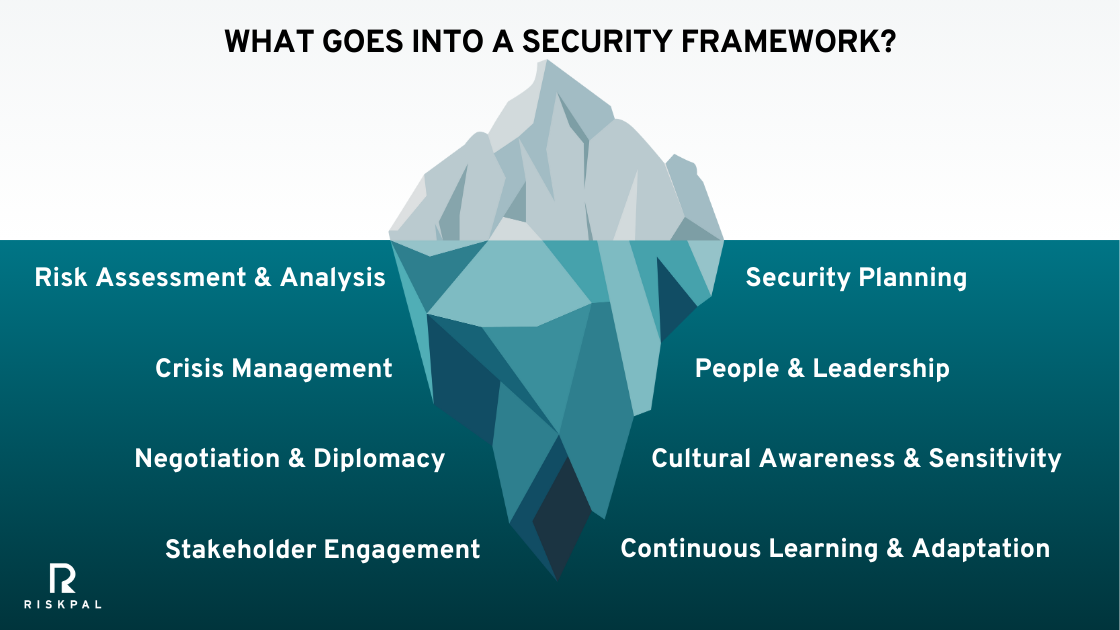
The Save the Children Security Framework
Risk Assessment and Analysis
The ability to identify, assess, and prioritise potential risks is fundamental to effective security management. NGOs must develop a deep understanding of the environments in which they operate, considering political, social, economic, and security factors. This knowledge enables organisations to anticipate threats and devise appropriate mitigation strategies.
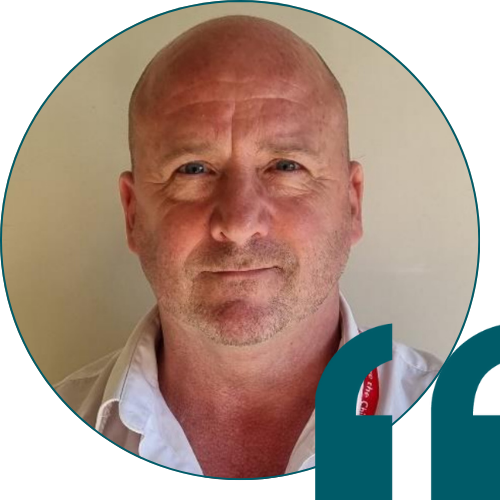
“Any risk [to an organisation] is only as good as its framework, and that risk framework should never be created in a silo. We shouldn’t be making decisions based on assumptions or personal knowledge or what we’ve done in the past because we think it will work again. We have to do it through an informed process, and that’s done through risk assessment.” – Peter Walsh
Security Planning
Developing comprehensive security plans is vital for safeguarding personnel and assets. This includes creating emergency response procedures, evacuation plans, and protocols for handling various security incidents. Effective planning requires collaboration with local authorities, security experts, and staff to ensure everyone is aware of their roles and responsibilities.
Crisis Management
NGOs must be prepared to respond effectively to security crises. This entails having clear decision-making processes, robust communication channels, and access to the necessary resources. Key crisis management skills include remaining calm under pressure, coordinating response efforts, and providing support to affected personnel.
People and Leadership
The workforce must be certified, competent, and current. “Certified” means having the proper qualifications for their role; “competent” means the ability to perform their job effectively; and “current” means staying up to date with the latest risk information. This is achieved through a combination of effective recruitment, ongoing training, and consistent knowledge transfer.
Security leaders should inspire and motivate their teams, delegate responsibilities, and make tough decisions when faced with complex security challenges. NGOs must select leaders who have demonstrated effective decision-making capabilities throughout their careers.
“Leadership is critical. We need strong leadership to make decisions; we (also) need diversity of thought, the diversity of critical thinking, and also (different) opinions when it comes to decision–making.” – Peter Walsh

Negotiation and Diplomacy
In many cases, resolving security challenges requires diplomatic skills and the ability to negotiate with local authorities, armed groups, or other stakeholders. NGOs must be adept at building relationships, understanding different cultural contexts, and finding common ground to address security concerns.
Cultural Awareness and Sensitivity
Operating in diverse cultural environments demands a deep understanding of local customs, traditions, and values. NGOs must be sensitive to cultural differences to avoid actions that could be perceived as disrespectful. Cultural awareness is crucial for building trust with local communities and mitigating potential conflicts.
Stakeholder Engagement
Building relationships with local authorities, security forces, and other key stakeholders is crucial for effective security management. NGOs must be able to engage with these stakeholders, communicate their objectives, and address their concerns. Strong relationships can help create a more secure operating environment and provide access to vital resources.
Continuous Learning and Adaptation
The security landscape is constantly changing, and NGOs must be able to adapt to new challenges and threats. This requires a commitment to continuous learning, staying informed about emerging trends, and updating security protocols accordingly.

“You must document all decisions and evidence thoroughly because there are people who are mission-driven. They want to deliver at all costs and that’s not okay. We [Save The Children] deliver everything we possibly can with as much mitigation as possible and without becoming an impediment.” – Peter Walsh
Ensure the Best Practices Are in Place for NGOs
If you’re looking to strengthen your NGO’s risk management processes, following Peter Walsh’s advice is an excellent place to start.
From implementing cutting-edge technology to ensuring strong leadership, these are the practices to keep in mind when managing security for your NGO.
To learn more about simplifying your risk assessment processes, check out RiskPal, one of the leading NGO Risk Management Software solutions available today.

